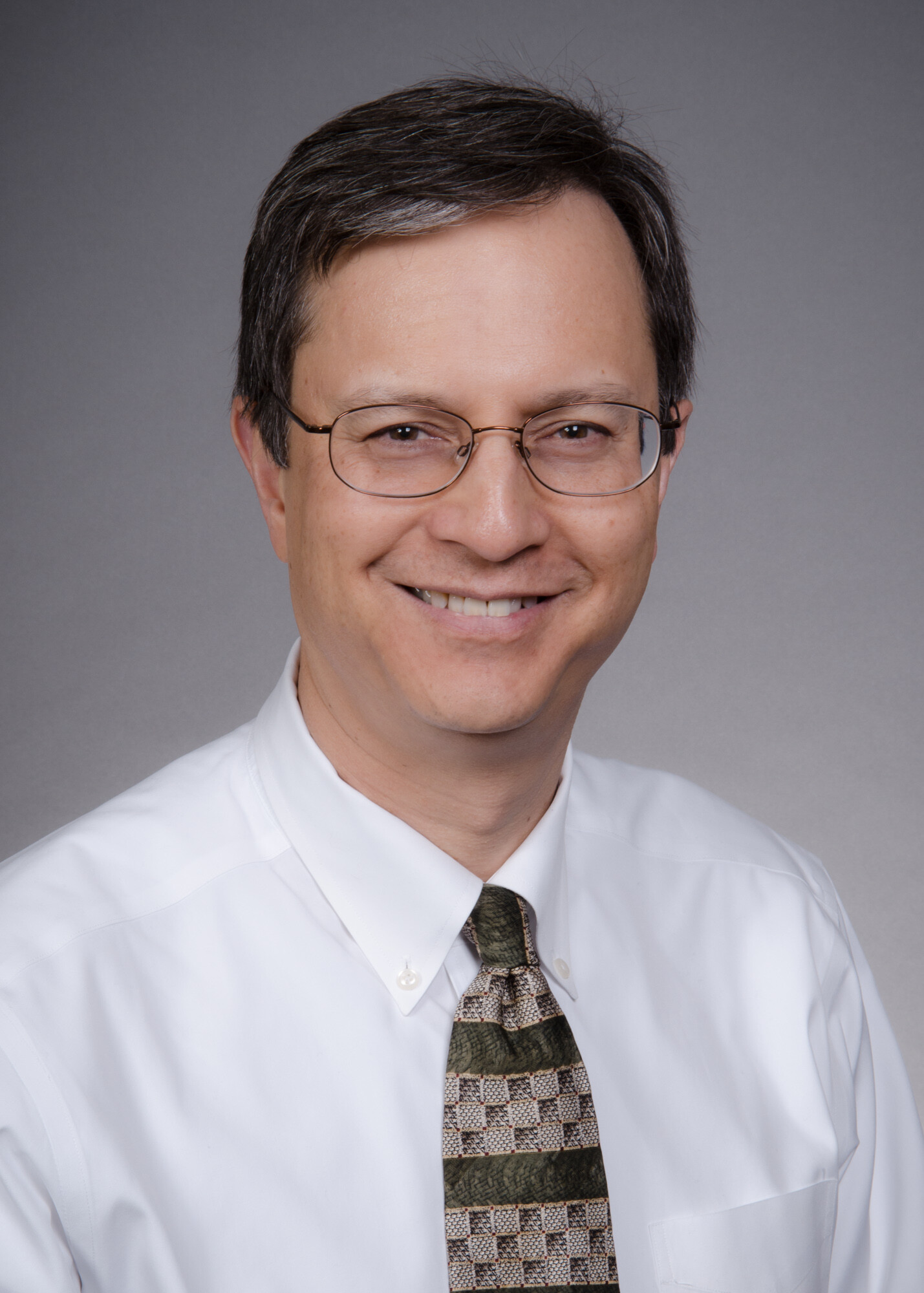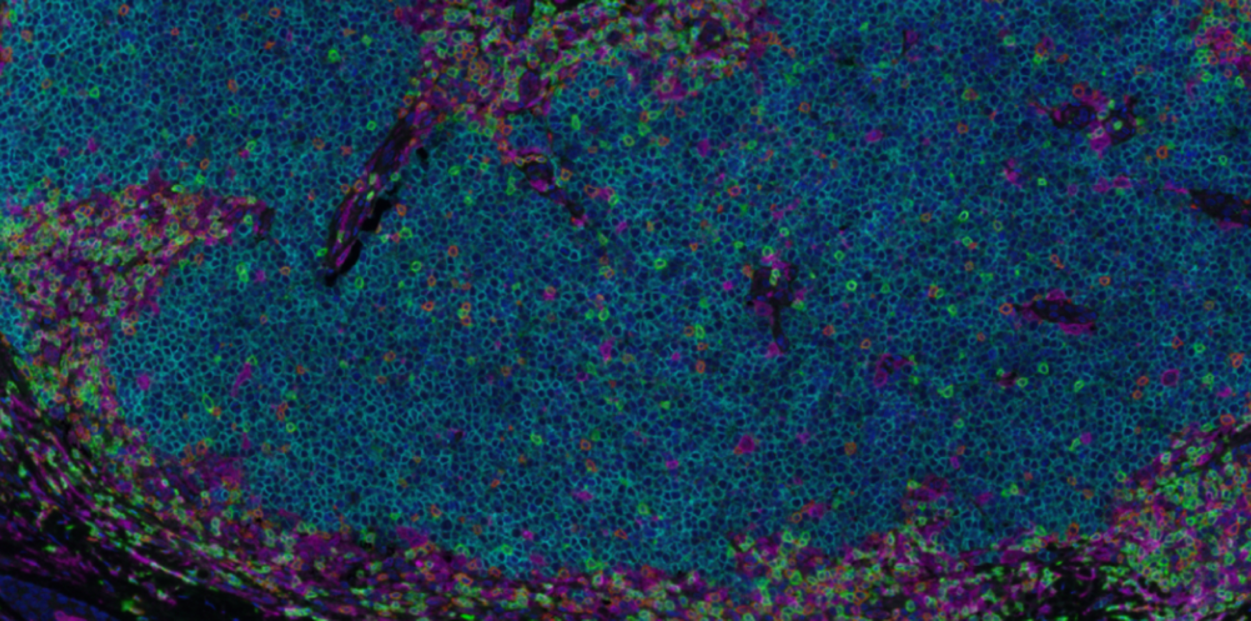Paul
Nghiem
MD
PhD

Academic Office
Department of Dermatology
UW Medical Center
1959 NE Pacific St.
BB-1332 Health Sciences
Box 356524
Seattle, WA 98195
Research Office
Nghiem Lab
UW Medicine at South Lake Union
850 Republican St.
Box 358050
Seattle, WA 98109
Appointments
Fred Hutch Cancer Center
855.557.0555
FHCC Schedule Online
South Lake Union Clinic
825 Eastlake Ave E
Seattle, WA 98109
Biography
Paul Nghiem, MD, PhD, (he/him/his) is a board certified physician at the Fred Hutchinson Cancer Center, Founding Chair of the UW Department of Dermatology, the George F. Odland Endowed Chair in Dermatology, and a UW professor of Medicine and Dermatology and an adjunct professor in the Departments of Laboratory Medicine and Pathology as well as Oral Health Sciences. Dr. Nghiem oversees the Nghiem Lab, a laboratory focused on the biology of skin cancer. Dr. Nghiem earned his MD and PhD at Stanford. His clinical and research interests include dermatology, Merkel cell carcinoma, melanoma, graft versus host disease and complex skin cancer management in a multidisciplinary team.
Dr. Nghiem holds the following leadership roles in the Dermatology and Skin Oncology community:
- Director, Skin Oncology Clinical Program, Fred Hutchinson Cancer Center
- Deputy Director for Seattle Translational Tumor Research, Skin/Cutaneous Oncology
- Secretary-Treasurer, Society for Investigative Dermatology
Education & Training
MD, Stanford University School of Medicine, Stanford CA, 1994
PhD, Stanford University, Program in Cancer Biology, Stanford CA, 1994
AB, Biological Sciences, Harvard University, Boston MA, 1986
Research Interests
A major portion of the Nghiem lab is primarily focused on basic, clinical and translational research aspects of Merkel cell carcinoma. We are involved in several clinical studies on this increasingly common and often lethal skin cancer to determine its basic genetic underpinnings as well as its clinical course and optimal management. The Merkel cell carcinoma Multicenter Interest Group (MMIG), is an international collaborative group, has been formed to leverage diverse resources, interests and expertise to make a difference in this cancer.
A second research interest is focused on skin cancer biology, particularly the molecular mechanism by which the protein kinase ATR mediates an essential cell cycle arrest following DNA damage such as by ultraviolet radiation. It appears that the skin cancer preventive effect of caffeine is mediated by its inhibition on the ATR-Chk1 pathway, hence eliminating UV-damaged cells from the skin.
Clinical Interests
- Merkel cell carcinoma
- Melanoma
- Graft vs. host disease of the skin
Publications
Selected Publications
Dr. Nghiem has over 170 publications that have been cited 10,907 times as of August 5, 2019, with an h-index of 54 and an i10-index of 122 according to Google Scholar.
Heath, M; Jaimes, N; Lemos, B; Mostaghimi, A; Wang, L C; Peñas, P F; Nghiem, P; Clinical characteristics of Merkel cell carcinoma at diagnosis in 195 patients: the AEIOU features. Journal of the American Academy of Dermatology. 58 (3): 375-381, 2008. Cited 793 times
Bianca D Lemos, Barry E Storer, Jayasri G Iyer, Jerri Linn Phillips, Christopher K Bichakjian, L Christine Fang, Timothy M Johnson, Nanette J Liegeois-Kwon, Clark C Otley, Kelly G Paulson, Merrick I Ross, Siegrid S Yu, Nathalie C Zeitouni, David R Byrd, Vernon K Sondak, Jeffrey E Gershenwald, Arthur J Sober, Paul Nghiem. Pathologic nodal evaluation improves prognostic accuracy in Merkel cell carcinoma: analysis of 5823 cases as the basis of the first consensus staging system. Journal of the American Academy of Dermatology. 63(5): 751-761, 2010. Cited 506 times
Paulson, K G; Carter, J J; Johnson, L G; Cahill, K W; Iyer, J G; Schrama, D; Becker, J C; Madeleine, M M; Nghiem, P; Galloway, D A. Antibodies to merkel cell polyomavirus T antigen oncoproteins reflect tumor burden in merkel cell carcinoma patients. Cancer Research. 70(21): 8388-8397. 2010. Cited 192 times
Afanasiev, O K; Yelistratova, L; Miller, N; Nagase, K; Paulson, K; Iyer, J G; Ibrani, D; Koelle, D M; Nghiem, P. Merkel polyomavirus-specific T cells fluctuate with merkel cell carcinoma burden and express therapeutically targetable PD-1 and Tim-3 exhaustion markers. Clinical Cancer Research. 19(19): 5351-5360, 2013. Cited 149 times
Nghiem, P T; Bhatia, S; Lipson, E J; Kudchadkar, R R; Miller, N J; Annamalai, L; Berry, S; Chartash, E K; Daud, A; Fling, S P. PD-1 blockade with pembrolizumab in advanced Merkel-cell carcinoma. New England Journal of Medicine. 374(26): 2542-2552, 2016. Cited 763 times



